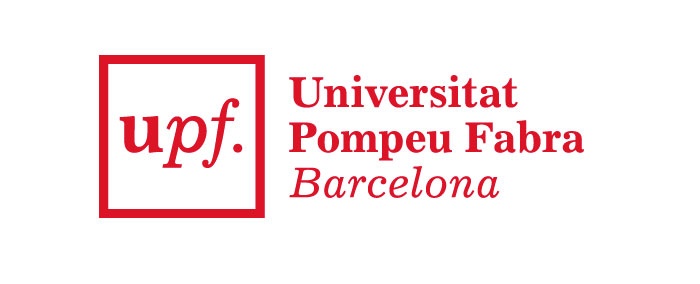Descripció del projecte
In general, Home Social Care (HSC) refers to provide social work, personal care, protection or social support services to a population in need or at risk, or adults with needs arising from illness, disability, old age or poverty with the objective of meeting their specific needs at home. The population that need these services is: ageing population, physical and mental ill-health population, disabled people, population with problems arising from drug and alcohol misuse, etc. The services included in the HSC range for a great variety that can include cleaning activities, such as vacuuming, cleaning and doing laundry; companionship activities and personal care, such as help with getting washed and dressed, etc.; delivery meals at home, etc.
The demand of HSC has significantly increased during the last years, and the complexity of managing staff to provide these services has skyrocketed. This is an environment with a high degree of uncertainty and dynamism: high absenteeism and rotation of staff, canceled services, ups and downs in the system, requests to change home care hours, uncertain travel times, etc. Therefore, it is clear that some tools are needed to help decision-making in this field.
This PhD project will be focused on the scheduling of the HSC staff and the associated routing. Thus, the work can be divided in three main parts:
1. Staff scheduling under uncertainty. In this first part , the student should get closer to the reality in Home Social Care by considering the realistic aspects of these services, as syncronization, loyalty or continuity of care, and uncertainty. This uncertainty can be present in the service times and/or travel time.
Descriptive Analytics as Data Mining can help to identify patterns both at the individual level and at the community level, and Predictive Analytics can be applied to forecast the demand and being able to answer questions like for example: How many patients will require home care in a given area? At what frequency? What kind of service will they need? Which areas require more visits from social services? From the Mathematical Models and Algorithms side, the student will apply Operations Research models and algorithms to study and give solutions to the staff scheduling problem, and provide a valuable support for the Home Social Care managers and stakeholders.
2. Staff scheduling considering dynamism. In this second part, the student should address the dynamism in the system and propose novel methods to deal with it. Again, Descriptive Analytics, Mathematical Models and Algorithms belonging to Operations Research will be considered to provide a robust system.
3. Study of the “super-illas” scenario. The last part of the project will consist of analysing the concept of “super-illas”. Currently this concept is being defined and tested, trying to divide the area in different “super-illas” where teams of staff members work independently (one team in each “super-illa) assisting people belonging to that zone. The flexibility in the limits of each “super-illa” and the possibility of using a sharing staff are the focus of this point. Mathematical Models and Algorithms will help to develop a compartive study with different policies.


